Pres. Donald Trump is expected to deliver good news for the auto industry during a visit to Detroit Tuesday. U.S. Commerce Secretary Howard Lutnick signaled there will be cuts made to the tariffs that were expected to result in as much as a 2 million unit reduction in new vehicle sales this year. Headlight.News has more.
The White House has confirmed that Pres. Donald Trump plans to ease some of the new tariffs that had threatened to deliver a serious blow to U.S. car sales this year.
The news comes ahead of a visit by the president to Detroit on Tuesday. The potential impact of the tariffs was underscored ahead of that trip by General Motors which reported a 6.6% decline in first-quarter net income and downgraded its full-year sales and earnings guidance. There’s a broad industry consensus that the tariffs currently in place will reduce U.S. new vehicle sales for all of 2025 by anywhere from 1 million to 2 million vehicles.
First signaled by Commerce Secretary Howard Lutnick, Trump is expected to ease back on the 25% duties paid by carmakers and suppliers on imported vehicles and parts, while also freeing the industry from separate tariffs on imported steel and aluminum.
Another u-turn
In recent weeks, the president has backed off on many of the trade sanctions put in place during February and March. He paused new tariffs on a wide range of goods from most U.S. trading partners. While duties of more than 100% remain in place for most Chinese-made products, cellphones and computers have been exempted and Trump last week told reporters gathered in the White House that he would pare back tariffs on other Chinse goods “substantially.”
But tariffs have, at least until now, remained in place on imported autos and auto parts, as well as on imported steel and aluminum. That had triggered dire warnings from industry analysts, Anderson Economic Group warning that the cost of even U.S.-made vehicles would rise by thousands of dollars. Telemetry Research, meanwhile, estimated full-year vehicle sales would drop by 1.8 million.
In turn, a broad coalition of manufacturers came together in a joint letter sent to the White House warning that, “Tariffs on auto parts will scramble the global automotive supply chain and set off a domino effect that will lead to higher auto prices for consumers, lower sales at dealerships and will make servicing and repairing vehicles both more expensive and less predictable.”
Tariffs will be reduced, but remain in place
The president is expected to put a positive spin on his latest shift in tariff policies when he arrives in Detroit. In an emailed statement, Commerce Sec. Lutnick wrote, “President Trump is building an important partnership with both the domestic automakers and our great American workers.
“This deal is a major victory for the president’s trade policy by rewarding companies who manufacture domestically, while providing runway to manufacturers who have expressed their commitment to invest in America and expand their domestic manufacturing,” Lutnick concluded.
The precise language of the original auto tariff plan, particularly in how it related to automotive trade with Canada and Mexico, was still being finalized. How the latest move will impact autos and auto parts is still to be revealed but it appears it will limit duties to 25% of the value of cars and parts imported from abroad and will no longer stack additional duties on foreign-made aluminum and steel.
That still means most vehicles sold in the U.S. will go up in price by thousands of dollars, but any reduction in tariffs would be well received in the industry. Ford CEO Jim Farley issued a statement saying, “It will help mitigate the impact of tariffs on automakers, suppliers and consumers.”
More Tariff News
- Bye-Bye Buick? Trump Tariffs Could Kill This Brand
- GM Earnings Tumble, Full-Year Results Likely to be Hurt by Tariffs
- April Car Sales Surge as Americans Raise to Beat Trump Tariffs
Empty shelves
Trump’s latest tariff shift comes as polls show growing concern among U.S. voters over the broad expanse of policies announced during the president’s first 100 days in office. They find his approval ratings the lowest of the last seven presidents at this point in his term – though Trump himself has denounced those findings as “Fake.” In a statement on his social media site, “Truth Social,” Trump wrote Tuesday that, “We are doing GREAT, better than ever before.”
But there’s growing concern among economists and, according to reports from Washington, the administration itself, that the trade war is not going as planned. Even after recent revisions, key stock indices stand well below where they were prior to the president’s January 20 inauguration. There have been few signs of a slowdown in inflation or a drop in consumer goods such as eggs and gasoline.
Meanwhile, manufacturers and retailers have sounded increasingly dire warnings. Even the more upbeat forecasts anticipate a 1 million dip in vehicle sales from the 16 million sold in 2024. And key retailers, including Walmart and Target have privately signaled the White House that they could start experiencing COVID-style shortages resulting in bare shelves in the weeks ahead. Port observers have reported a sharp decline in shipping to the U.S. from China,
Forecasts for the Port of Seattle estimate a 25% decline in shipments “per month…over the next three months,” Northwest Seaport Alliance Port of Seattle Commissioner Ryan Calkins told Seattle-based KING-TV. That underestimates the problem, he added, noting that, ““Unfortunately, we are beginning to see a reduction in the total number of containers coming off any particular vessel when they come in.”
The situation appears worse in Los Angeles where port officials expect a 35% decline in cargo arrivals next week. “Essentially all shipments out of China for major retailers and manufacturers have ceased,” said Port of Los Angeles Executive Director Gene Seroka.

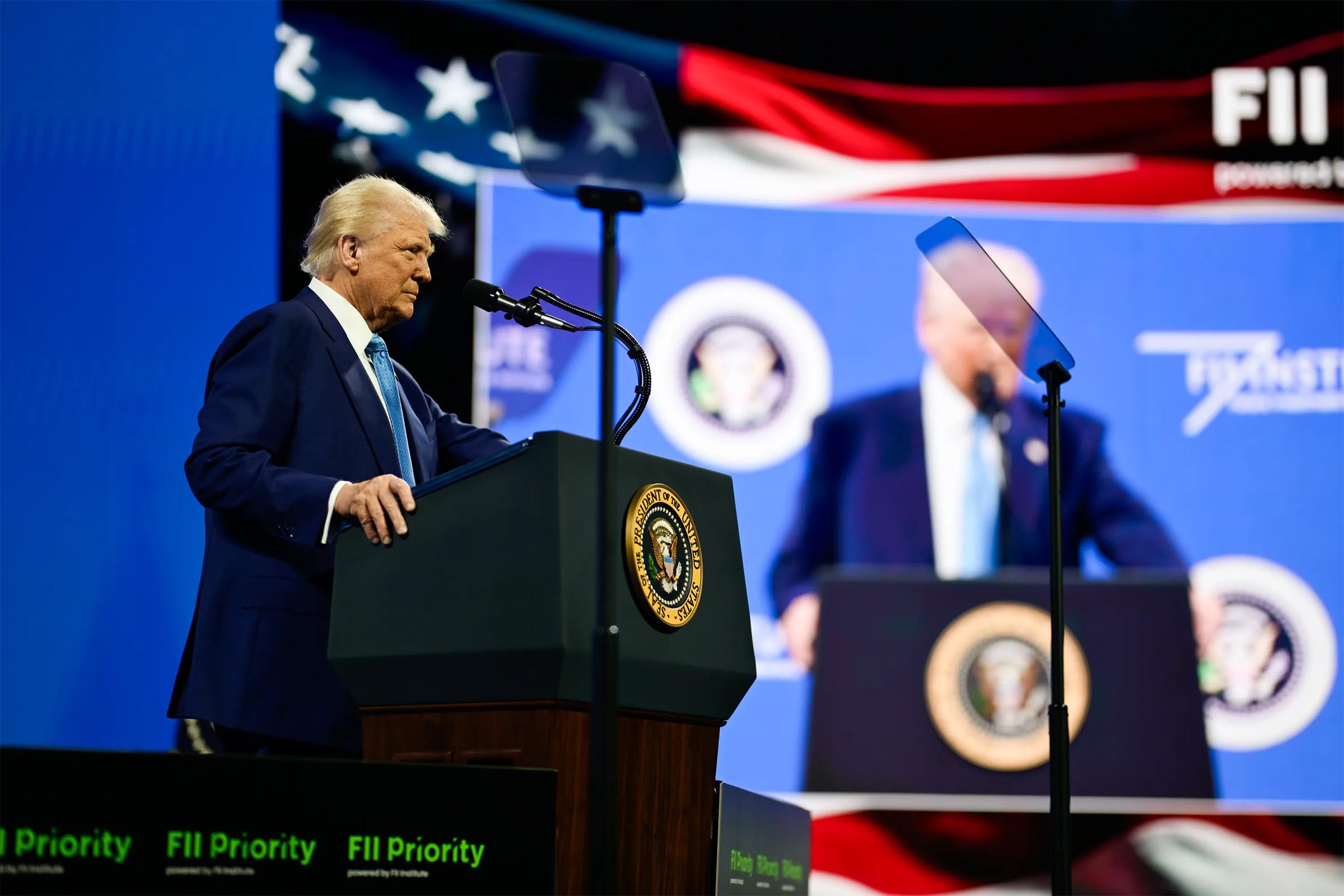
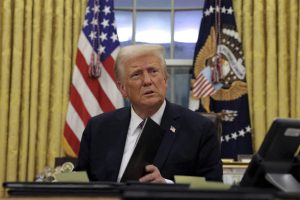

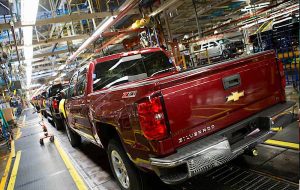
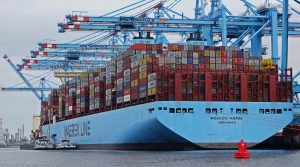
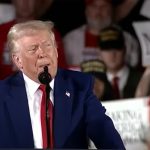
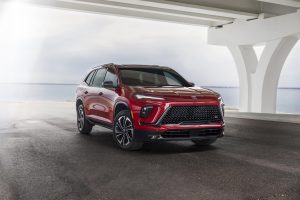

0 Comments